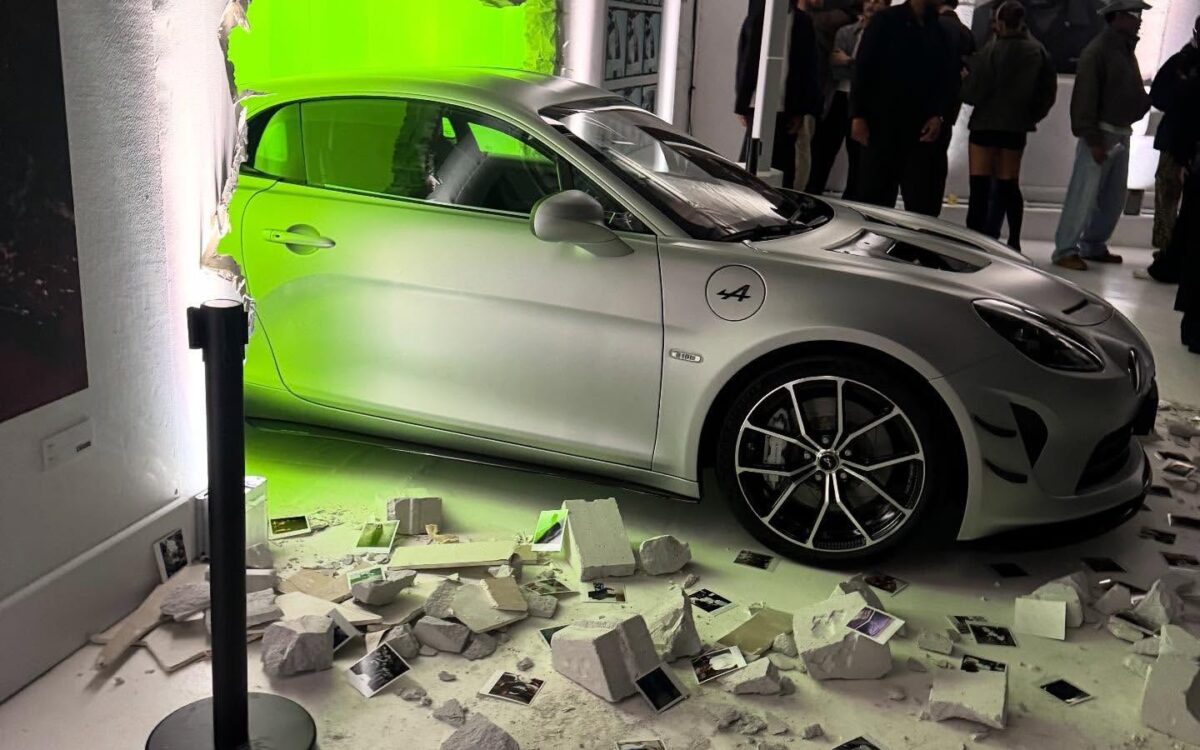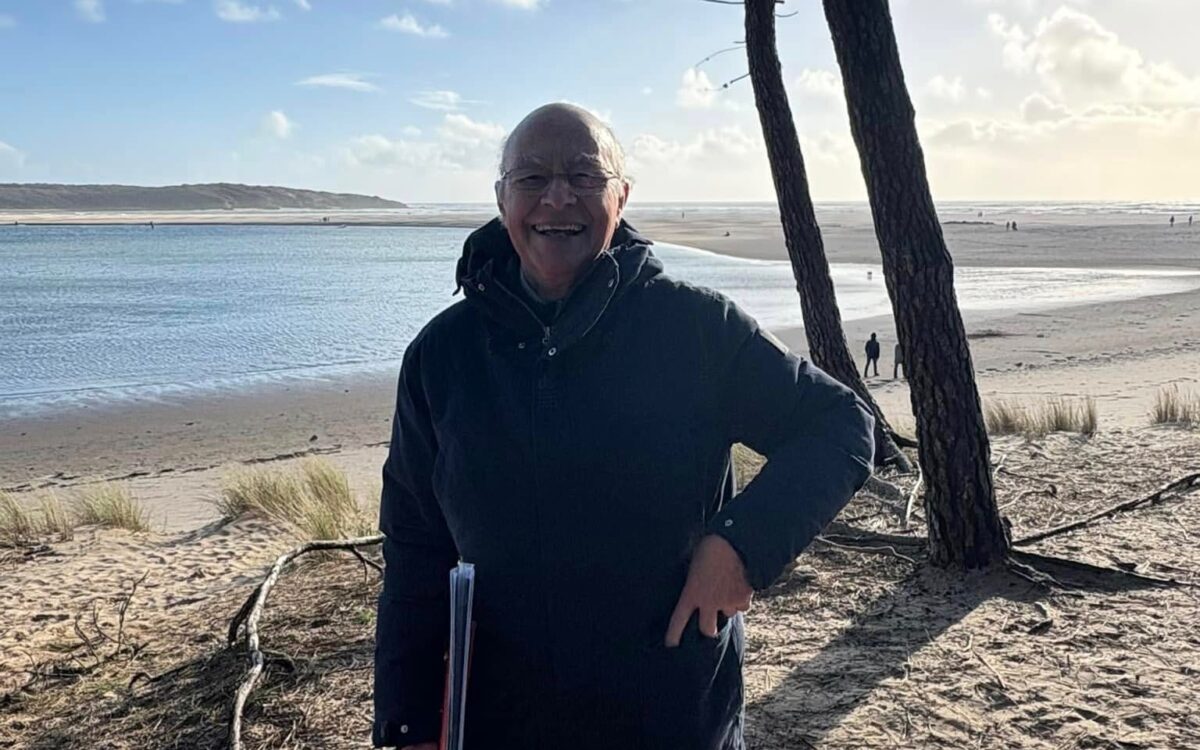The suggestions of surrealist art: a tribute video for the artist Santiago Ribeiro
The avant-garde as regards the world of current art judges social practice, one of the essential chapters for the development of an art that is aware of its functions. Art as a crucial point of communication means for the individual the growth of his critical spirit within the social stratification.
From this point of view, painting is perhaps the field in which more than all the others the condition of art itself can be noted, which resists by virtue of a tradition for which it is possible to understand it as a cultural and social tool, participating in the context. that we are experiencing. In this sense, the initiative of three Italians is noteworthy. During this lockdown, by disseminating their social culture, they decided to convey a reflection through Surrealism, and specifically that of the international painter Santiago Ribeiro, founder of New Surrealism Now.
Painting in the clear panorama of an avant-garde in the present, intent on studying reality beyond what is apparent, in a certain sense represents the pain of a lost aesthetic; in this painting is imbued with knowledge, which, as noted by the journalist and art curator Annalina Grasso, the A.S.A.S. Vincenzo Calì, and the Roman actor Crocitti Award 2019 Maurizio Bianucci, interpreter among others, of films such as Suburra and L’amore a domicilio, as well as numerous theatrical plays and RAI fiction, can suggest a lot about what we are in relation to what we are facing. The professionals have made a video that at the same time pays homage and questions what Surrealism can say today.
The video made by Annalina, Maurizio and Vincenzo, merging art, music, acting and poetry, that Profluvi, written by Calì, acts as a means to implement the so-called heterogenesis of ends, that is, through „the vision of what could be if“ , leads us to aspire to something else and to make us increasingly aware of the contradiction between necessity and good and, finding the true foundation of the dignity and value of us human beings, to be neither blind nor naked and wander in perennial uncertainty, but rather appealing to the impersonal that is present in each person to overcome the overcoming of our anxieties and fears. Art with the support of technology helps us to do it, even from a distance.
Santiago’s art was, is, and could still be a vision of the minds of each of us, especially now, where every day we hear words such as lockdown, distance learning, physical distancing that generate anxiety and stress in us, fear for the future, anguish. What could be inside our minds exhausted by restrictions and at the same time by the fear of contagion? A desire to get rid of the clothes of the decent citizen, of the civil, Christian, rational man, snubbing free will, and following only one’s instinct, the dark side of oneself; confide. Living in a society as the Marquis De Sade imagined and hoped for, where there can be no punishments or trials for evil deeds, as man follows what Nature creates and destroys. But Santiago’s surrealism shows this possibility by hoping for another.
L’avanguardia per quanto concerne il mondo dell’arte attuale giudica la prassi sociale, uno dei capitoli essenziali allo svolgimento di un’arte consapevole alle proprie funzioni. L’arte come punto cruciale della comunicazione significa per l’individuo la crescita del suo spirito critico all’interno della stratificazione sociale.
Da questo punto di vista la pittura è forse il campo in cui più di tutti gli altri si può notare la condizione dell’arte stessa, la quale resiste in virtù di una tradizione per cui è possibile intenderla come strumento culturale e sociale, partecipe del contesto che stiamo vivendo. In tal senso è degna di nota l’iniziativa di tre italiani che durante questo lockdown, divulgando cultura suo social, hanno deciso di veicolare una riflessione tramite Il Surrealismo, e nello specifico quello del pittore internazionale Santiago Ribeiro, fondatore del New Surrealism Now.
La pittura nell’evidente panorama di un’avanguardia nel presente, intenta allo studio della realtà al di là di ciò che è apparente, rappresenta in un certo senso il dolore di un’estetica perduta; in questo la pittura è intrisa di conoscenza, la quale, come hanno notato la giornalista e curatrice d’arte Annalina Grasso, il poeta premio A.S.A.S. Vincenzo Calì, e l’attore romano Premio Crocitti 2019 Maurizio Bianucci, interprete tra gli altri di film come Suburra e L’amore a domicilio, oltre che di numerose pièces teatrali e fiction RAI, può suggerci molto su quello che siamo in relazione a quello che stiamo affrontando. I professionisti hanno realizzato un video che allo stesso tempo omaggia e si interroga su cosa possa dire il Surrealismo oggi.
Il video realizzato da Annalina, Maurizio e Vincenzo, fondendo arte, musica, recitazione e poesia, quella Profluvi, scritta da Calì, funge da mezzo per attuare la cosiddetta eterogenesi dei fini, ovvero, attraverso “la visione di quello che potrebbe essere se”, induce ad aspirare ad altro e a renderci sempre più consapevoli della contraddizione tra la necessità e il bene e, ritrovando il fondamento vero della dignità e del valore di noi esseri umani, per non essere né ciechi, né nudi e vagare nella perenne incertezza, bensì appellandoci all’impersonale che è presente in ciascuna persona per superare le scavalcare le nostre ansie e paure. L’arte con il supporto della tecnologia, ci aiuta a farlo, anche a distanza.
L’arte di Santiago è stata, è, e potrebbe essere ancora una visione delle menti di ognuno di noi, soprattutto adesso, dove ogni giorno si sentono pronunciare parole quali lockdown, didattica a distanza, distanziamento fisico che generano in noi ansia e stress, paura per il futuro, angoscia. Cosa potrebbe esserci dentro le nostre menti stremate dalle restrizioni e al contempo dal timore del contagio? Una voglia di liberarsi delle vesti del cittadino perbene, dell’homo civile, cristiano, razionale, snobbando il libero arbitrio, e seguire solo il proprio istinto, la parte oscura di se; sfogarsi. Vivere in una società come la immaginava e auspicava il marchese De Sade dove non ci possono essere punizioni, né processi per le azioni malvagie, in quanto l’uomo segue ciò che fa la Natura che crea e distrugge. Ma il surrealismo di Santiago mostra questa possibilità auspicandone un’altra.






